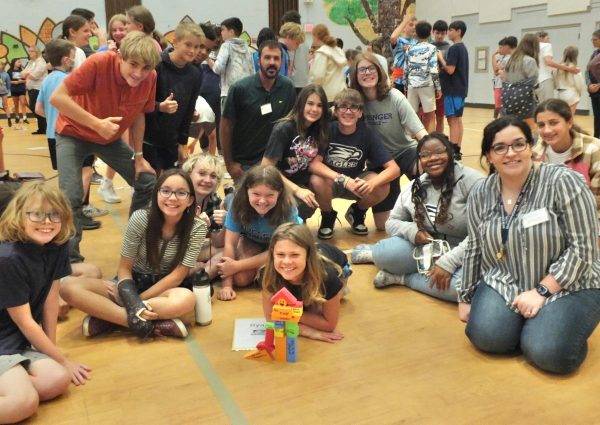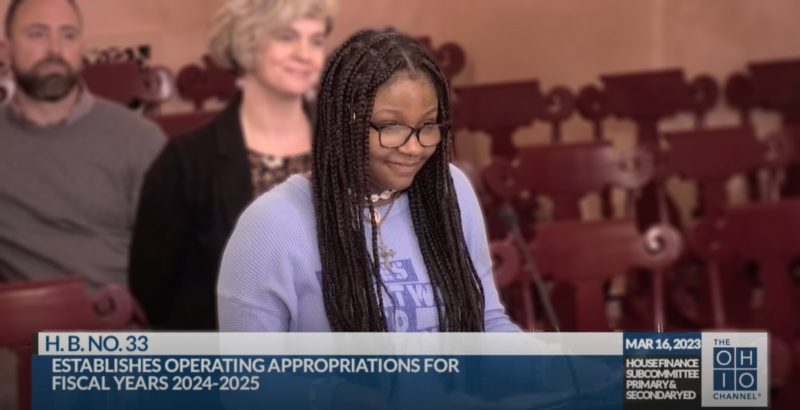
Build us up!
September 5, 2023
Student Pays it Forward
September 15, 2023
Have you helped a child with homework lately?
Silly question, of course you have!
All parents of school children learn that teaching methods evolve over time--sometimes a lot. Right now, if you’re a parent you may be hearing the terms “the science of reading” and “structured literacy,” and wondering why.
Thinking has really changed across the country as we grapple with low reading proficiency among students. Now, reflecting on years of data from different instructional approaches, it seems as if lessons learned are turning into action.
Ohio has joined the list of states acting at the legislative level. In light of this, we asked Eric Vinyard, Manager of Government Affairs and Public Relations at Hicks Partners to discuss this more. Mr. Vinyard offers this helpful summary to catch you up if you been busy doing other things--like helping your child with homework, for example!
The growing emphasis on the science of reading is the culmination of years of work and exploration by the state to address persistent achievement gaps within the English Language Arts among Ohio’s students.
In 2012, Ohio established a literacy development framework under the state’s Striving Readers State Literacy Plan: Reading into the Future in the wake of the No Child Left Behind Act and its emphasis on testing; the state’s Third Grade Reading Guarantee was subsequently enacted in 2013. Data derived from the Third Grade Reading Guarantee assessments over the following years provided detailed information on student achievement while illuminating gaps between students. In response, Ohio’s literacy plan was updated in 2017 providing a runway for targeted instructional and systematic improvement in the coming years.
Concurrently, attention was growing on how to identify and serve students with specific learning disabilities that might impact how they read, and a limited dyslexia screening pilot was also created in 2012. Fast forward, and the enactment of Ohio’s Dyslexia Support Law in 2021 catalyzed efforts already underway to reexamine how Ohio can best support children who struggle to read. Integral to discussions among experts working to implement this law was the science of reading, and these discussions spurred broader debate among the education community and dovetailed with work the Ohio Department of Education had been doing within the context of Ohio’s literacy framework.

The result has been a rare coalescence within the public policy realm as scientific and academic data and expertise is integrating with efforts to realign practice in the field. Moreover, Governor DeWine and lawmakers at the Statehouse have provided key support for the science of reading not least because they realize that reading impacts long-term socioeconomic outcomes as well as immediate academic performance for students.
Thank you to guest blogger Eric Vinyard, Manager of Government Affairs and Public Relations at Hicks Partners.
Springer is proud to teach reading using the techniques most effective for students with dyslexia and other reading difficulties. Springer offers professional training in the Wilson Reading System ®, an International Dyslexia Association approved program, and tutoring for children using Wilson.



